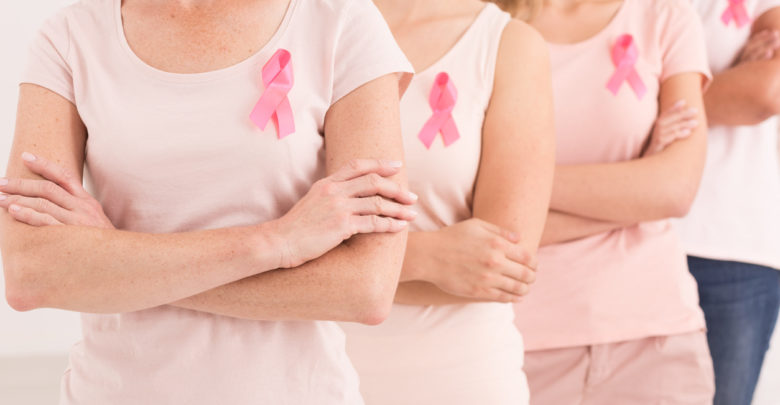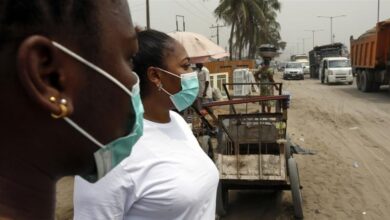Health
Breast Cancer: Vitamin D Deficiency May Up Breast Cancer Risk In Women
New study claims Vitamin D may reduce the risk of getting breast cancer

Breast cancer is one of the most common types of cancers found in women worldwide and even the leading cause of death from cancer in women. A new study has found that Vitamin D, which is very important for the body to build healthy bones, may also reduce the risk of getting breast cancer.
Notably, there are a number of factors that lead to breast cancer development including some common reproductive risk factors such as early puberty, late menopause, first pregnancy at a late age, never having been pregnant, obesity, and family history.
According to the study conducted by researchers at the Sao Paulo State University in Brazil, vitamin D may reduce the risk of cancer in women by inhibiting cell proliferation.
For the purpose of the study, the researchers examined medical data of 627 Brazilian postmenopausal women aged between 45–75. Around 209 women were diagnosed with breast cancer, while the other 418 were cancer-free.
On comparing the medical information of women from both the groups, the researchers found that at the time of diagnosis, the women with breast cancer had higher rates of low or very low serum (blood) vitamin D, as compared to the cancer-free group women. Furthermore, it was also found that the majority of the women who had breast cancer had a high body mass index (BMI) or obesity as compared to their cancer-free counterparts.
This study suggests that higher levels of vitamin D in the body are associated with lowered breast cancer risk,” said JoAnn Pinkerton, Executive Director at The North American Menopause Society (NAMS) in the US.
Pinkerton added that Vitamin D likely plays a key role in controlling breast cancer cells or stopping them from growing. Direct sunlight exposure, vitamin D3 supplements, and vitamin D rich foods are some of the main sources of Vitamin D.
The study has been published in Menopause: The Journal of the North American Menopause Society.







About 90 % of vitamin D in blood serum come from sun exposure to skin, which can produce up to 20,000 IU of vitamin D in 20 minutes of full-body sun exposure. So, vitamin D is really a surrogate measure for sun exposure. It is also interesting to note that early-morning sun exposure reduces obesity. Therefore, both of the major findings are associated with sun exposure.
There are many studies that associate sun exposure with reduced risk of breast cancer. One of the most impressive was a study from Iran showing that women who totally avoided sun exposure had ten times the risk of breast cancer as those who obtained plenty of sunlight.
For more information and references: sunlightinstitute.org. Or, read Dr. Marc Sorenson’s new book, Embrace the Sun, available at Amazon.